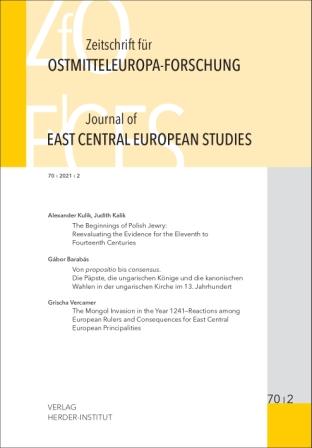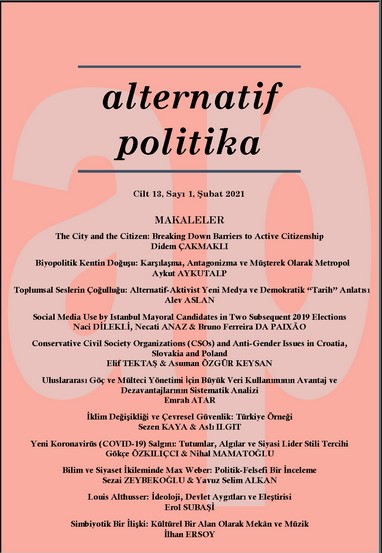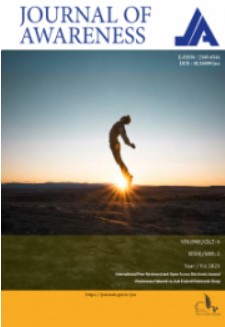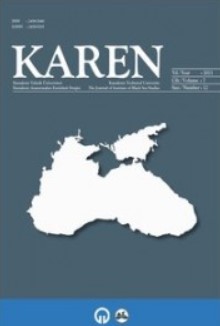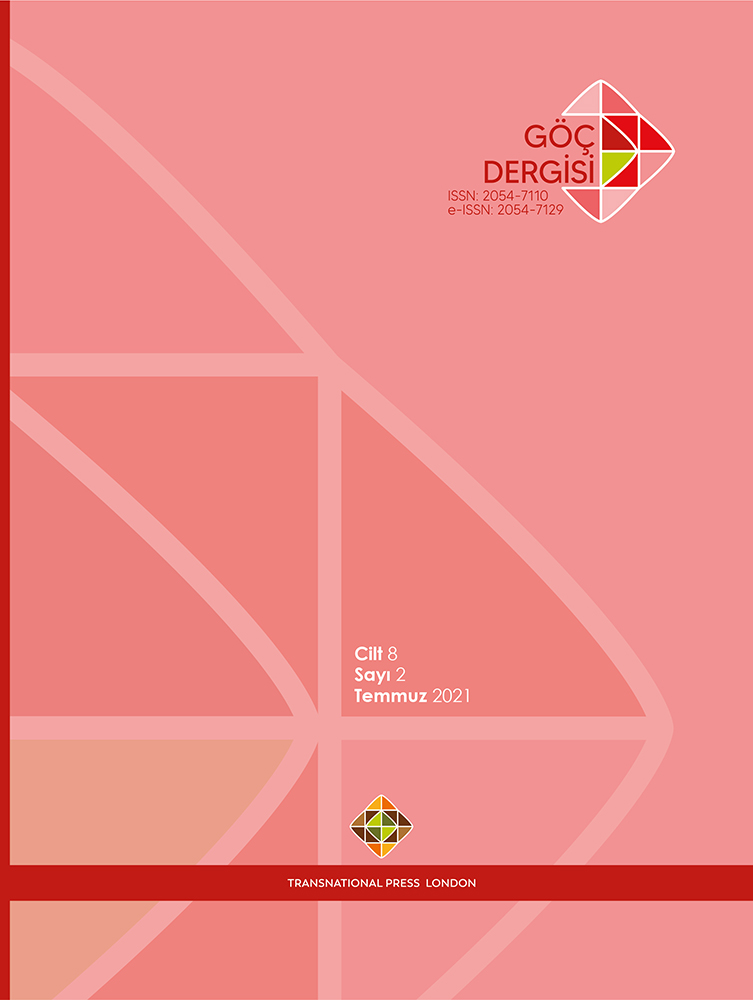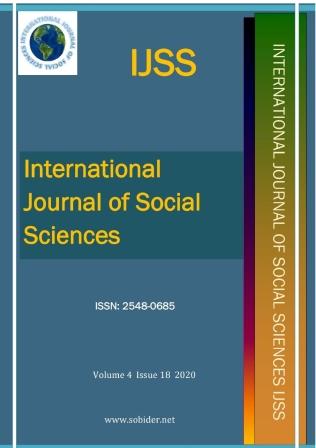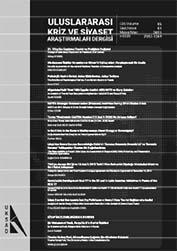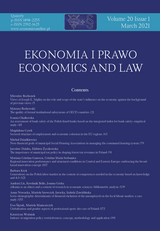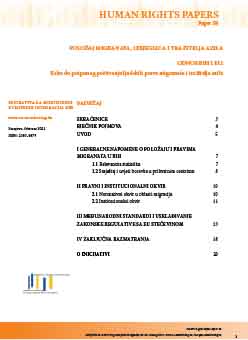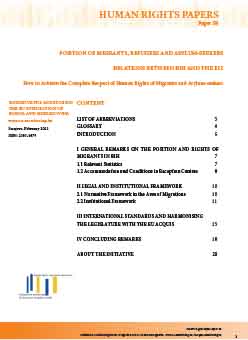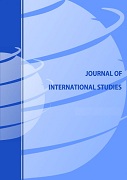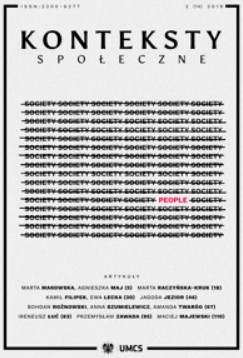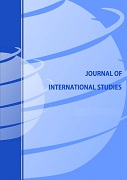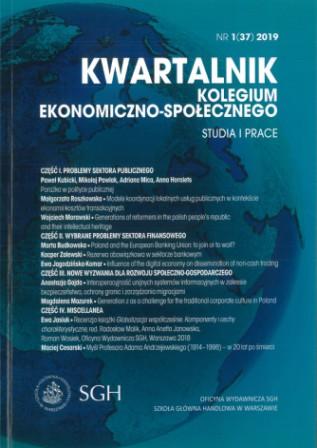Author(s): Emrah Atar / Language(s): Turkish
Issue: 1/2021
Migration and refugee crises unfortunately rank first among the most heart-wrenching and vexatious humanitarian problems of this century. Especially, the ongoing civil unrest, civil war and terrorism in Syria, Afghanistan, Yemen, Venezuela, Myammar, neighboring countries have reached an unprecedented level of migrant and refugees since the Second World War. According to United Nations reports, as of today, the number of international migrants have reached 280 million and the number of displaced people by force has exceeded 80 million, and the total number of refugees has exceeded 26 million. In the face of the high human mobility of people, host countries have come under pressure, especially to provide better quality of basic public services. Although there are many reasons why the services offered are not at the desired levels, the lack of data is one of the important reasons. In the face of the ongoing migrants challenges and enhance the quality of service to ensure the necessary level of the host country governments and civil society organizations, members of reviewer of the data need necessarily to find ways to obtain better quality data. In addition, it is of great importance that the data is sufficient and reliable to prevent negative consequences such as migrant smuggling, the deaths of those who use the sea route during migration, and the mistreatment they face at the points they reach. As a result, the article discusses why states ought to use existing and modern technologies and data to identify and assist vulnerable migrants in need of protection. It has addressed the advantages and opportunities gained in the international arena against the protection of immigrants ' right to life, the prohibition of torture, inhuman and degrading treatment, and the prohibition of slavery and forced labor. However, the article also examined the disadvantages, limits and risks associated with the unrestricted use of new technologies, especially in relation to the protection of immigrants ' right to privacy and data protection.
More...
